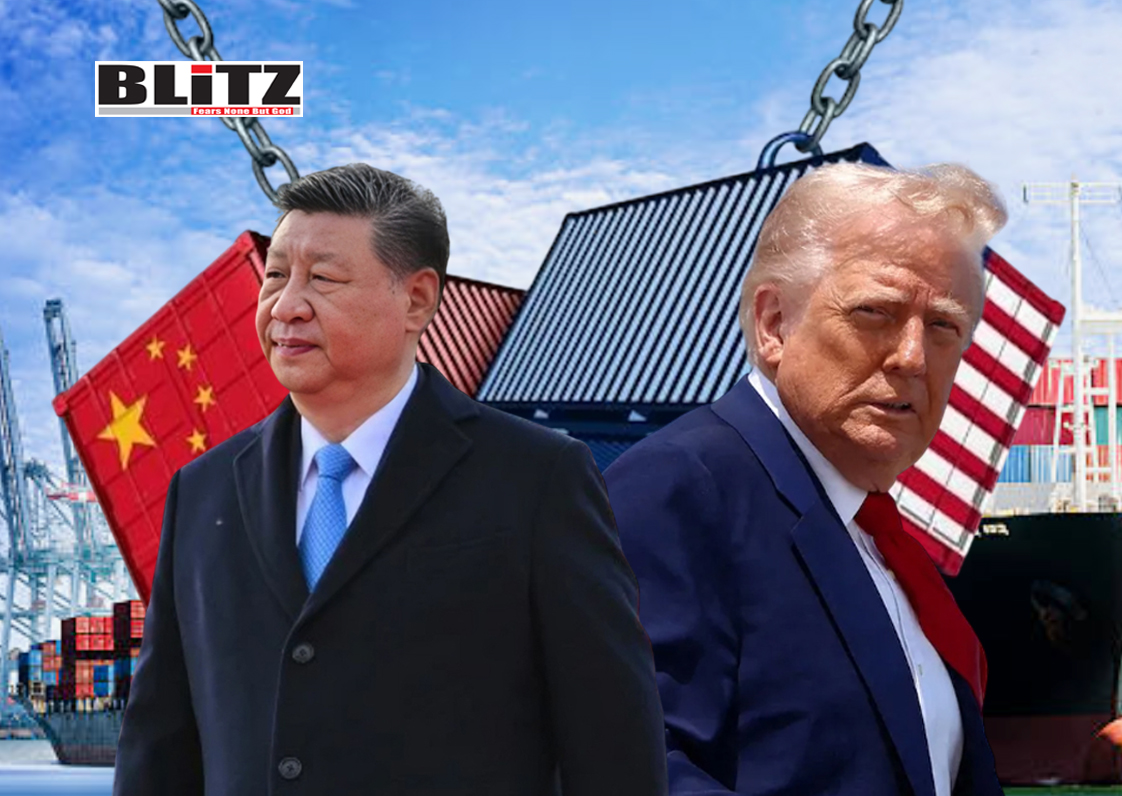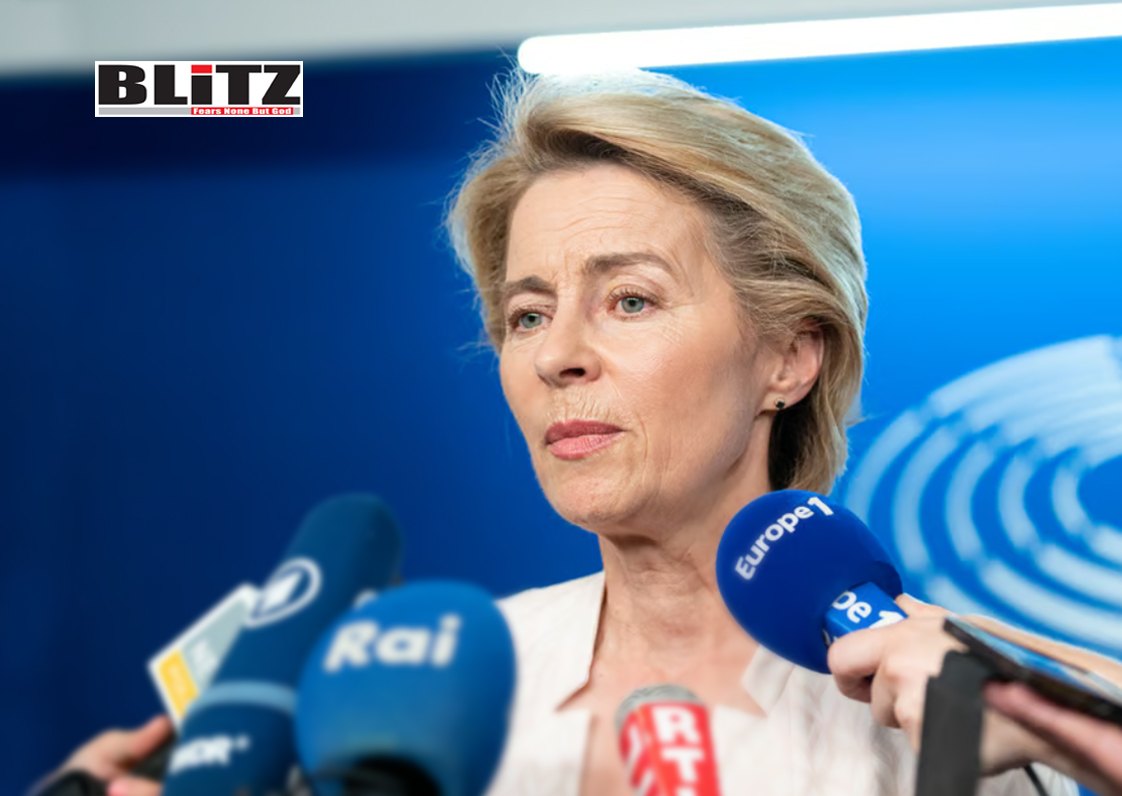Germany implements strict border controls to tackle illegal immigration crisis
- Update Time : Friday, May 9, 2025

In a major shift that signals a stark change in Germany’s approach to immigration, the new government under Chancellor Friedrich Merz has ordered an immediate tightening of border controls. As of May 7, undocumented migrants will be turned away at Germany’s land borders, fulfilling a central campaign promise that propelled Merz’s Christian Democratic Union (CDU) to power.
The announcement marks one of the most decisive and controversial immigration policy changes since the height of Europe’s 2015–2016 refugee crisis, when then-Chancellor Angela Merkel opened Germany’s borders to over a million asylum seekers. Merz’s newly appointed Interior Minister, Alexander Dobrindt, wasted no time in formalizing the new approach, issuing an executive order that will fundamentally alter the way Germany handles undocumented migrants.
In a letter obtained by German media outlet Bild, Dobrindt instructed Federal Police Chief Dieter Romann to withdraw Merkel’s 2015 verbal directive, effectively nullifying the policy that made Germany the epicenter of Europe’s migrant influx nearly a decade ago.
“I hereby withdraw the verbal instruction given… on 13 September 2015,” Dobrindt wrote, referring directly to the moment Merkel famously declared, “Wir schaffen das” (“We can manage this”), opening Germany’s borders during a humanitarian emergency.
While Merkel’s decision was initially praised by human rights advocates and international organizations, it soon became one of the most polarizing topics in German politics. Critics argued that her open-door policy had overwhelmed local communities, strained social services, and fueled the rise of anti-immigration political movements like the Alternative for Germany (AfD).
By formally rescinding Merkel’s order, the Merz government is not just changing policy-it is symbolically closing a controversial chapter in German political history.
According to Dobrindt, while Germany will not close its borders entirely, federal police will now conduct stringent controls and turn back individuals attempting to enter the country illegally. Only vulnerable groups-such as children, pregnant women, and those requiring urgent humanitarian assistance-will be granted exceptions under the new framework.
Approximately 2,000 to 3,000 additional officers will reinforce Germany’s 11,000-strong federal police force currently assigned to border duties. Dobrindt emphasized that the enhanced border regime was designed to be robust yet respectful of neighboring countries’ sovereignty, noting that consultations with Germany’s nine land-border neighbors-Austria, France, the Netherlands, Poland, and others-were already underway.
Germany’s land borders stretch approximately 3,700 kilometers across Central Europe, much of which lies within the European Union’s Schengen Area. Schengen rules allow passport-free travel between member states, a cornerstone of EU integration. Nevertheless, Schengen permits temporary border controls in cases where internal security is deemed at risk-a clause that Germany’s new government is now invoking.
Migration continues to be one of Germany’s most divisive political issues. Local authorities across the country have repeatedly warned that the number of asylum seekers is straining municipal budgets, housing markets, and social services. Even though Germany received fewer asylum applications in 2024 compared to peak years, it still accounted for more than a quarter-over 237,000-of all asylum requests filed across the European Union.
Public discontent over immigration has been a persistent undercurrent in German politics, influencing electoral outcomes and political alliances. Merz’s CDU campaigned aggressively on promises to “restore order” to immigration processes, positioning itself as a party that would reverse what many Germans see as years of unchecked migration.
Meanwhile, the far-right AfD continues to capitalize on anti-immigration sentiment, despite being labeled a “confirmed extremist entity” by Germany’s domestic intelligence agency (BfV) last week. The designation, based on concerns that the party’s rhetoric and activities could endanger Germany’s democratic order, has triggered a fierce legal battle, with the AfD filing a legal challenge on May 5.
Despite the new administration’s hardline approach, Dobrindt was careful to stress that Germany would maintain its commitment to humanitarian principles. Vulnerable individuals will not be turned away summarily, and legitimate asylum claims will still be processed-albeit in a more controlled and selective manner.
“We must protect those in need, but we must also protect the stability of our own society,” Dobrindt said during a press conference in Berlin. “Germany cannot and should not bear the entire burden of global migration pressures.”
The distinction between asylum seekers and economic migrants has become a key talking point for the Merz government. Officials argue that genuine refugees fleeing war or persecution deserve protection, while those seeking better economic prospects must apply through legal migration channels rather than crossing borders irregularly.
Germany’s policy shift could have ripple effects throughout Europe, particularly as the continent continues to grapple with migration challenges. The European Union has long struggled to develop a unified migration policy, with southern countries like Italy and Greece bearing disproportionate burdens while northern states enforce stricter standards.
Tightened German borders could increase pressure on other EU nations to reassess their own policies, while also reigniting debates over Schengen’s future and the principle of free movement within the bloc.
Internationally, humanitarian organizations are already expressing concern that the new German approach could result in vulnerable migrants being stranded in precarious conditions along Europe’s borders. Critics warn that without robust humanitarian safeguards, the policy risks violating Germany’s obligations under international refugee law.
For Chancellor Merz, swift action on immigration is a signal to his supporters that he intends to govern decisively and deliver on campaign promises. However, it is clear that Germany’s immigration debate is far from over. Legal challenges, human rights controversies, and EU-level negotiations are likely to keep the issue at the forefront of German and European politics for months to come.
Whether the new policies will succeed in curbing irregular migration while preserving Germany’s reputation as a humanitarian leader remains to be seen. What is certain is that Germany, once the poster child for Europe’s open-door policy, has firmly shifted gears-and the consequences of that shift will reverberate far beyond its borders.













Leave a Reply